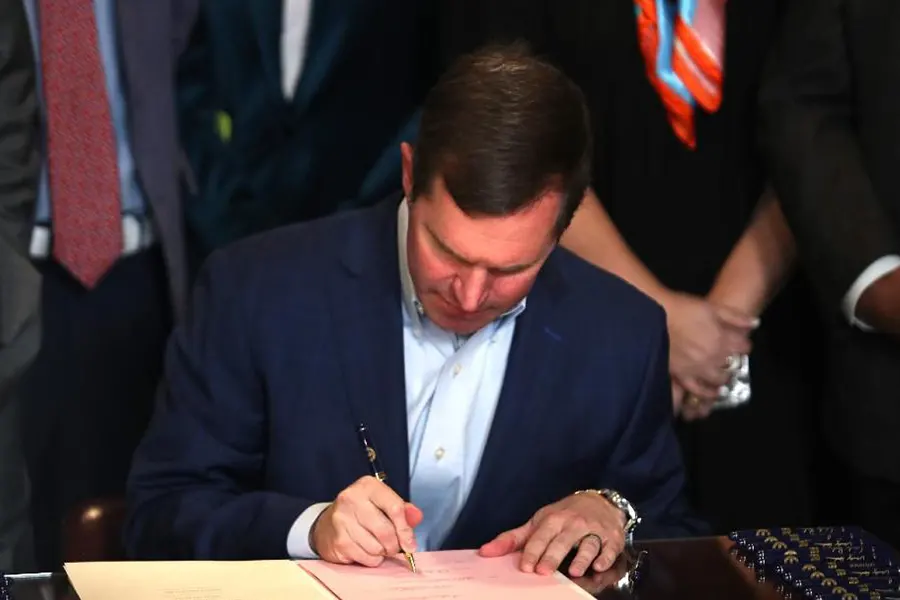 Last Friday, Kentucky’s Governor Andy Beshear signed the Kentucky Problem Assistance regulation in a bid to help people struggling with gambling problems. The regulation complements another emergency regulation, under which the Kentucky Sports Betting Advisory Council was established to preserve the integrity of the sports betting industry. The recently signed regulation outlines the process of distributing funds to the Problem Gambling Assistance account and supporting groups and organizations, dedicated to helping people experiencing gambling problems.
Last Friday, Kentucky’s Governor Andy Beshear signed the Kentucky Problem Assistance regulation in a bid to help people struggling with gambling problems. The regulation complements another emergency regulation, under which the Kentucky Sports Betting Advisory Council was established to preserve the integrity of the sports betting industry. The recently signed regulation outlines the process of distributing funds to the Problem Gambling Assistance account and supporting groups and organizations, dedicated to helping people experiencing gambling problems.
Ahead of the upcoming launch of retail sports betting on September 7 and online sports betting on September 28, Kentucky’s governor has approved an emergency regulation to start administering the Kentucky Problem Gambling Assistance account. The law urged the secretary of the Cabinet of Health and Family Services to introduce regulations regarding the problem gambling fund.
The standards in place allow behavioral health professionals or services to file an application with the Department for Behavioral Health, Developmental, and Intellectual Disabilities, requesting to receive funds assisting their responsible gambling efforts. Gov. Beshear has announced that the new regulation provides information about how much funds will be earmarked to organizations and agencies that help problem gamblers.
This March, Gov. Beshear signed House Bill 551, legalizing sports betting in the Bluegrass State. Interestingly, Kentucky is the first U.S. state in 2023 to legalize sports betting. The move came in a bid to boost tourism and generate more money for the state. According to Beshear’s expectations, the state will receive up to $24 million in tax revenue from sports betting during the first year of its operation. Beshear explained that the money would be used to increase pensions and salaries.
What Requirements Organizations Must Meet to Be Eligible for Funding?
House Bill 551 stipulates that 2.5% of the revenues the state is to receive from sports betting will go to fund organizations and agencies helping individuals struggling with gambling problems. This means that around $585k will be available for organizations and agencies per year. The new regulation also defines the standards for an organization or agency to qualify for a share of the money earmarked to support responsible gambling programs.
The regulation requires companies and agencies seeking to receive funds to support their responsible gambling efforts to provide means of evaluating the efficiency of their programs, present a record of the number of people they have helped, and file reports on spending and scope every four months. Individuals can also apply for funding if they have the needed qualification and accreditation from an approved organization.
Besides, they must have at least 15 hours of training in solving gambling problems and 50 hours of experience in the field. A list of people who have the needed qualification to assist problem gamblers will be posted on the Department for Behavioral Health, Developmental and Intellectual Disabilities website.